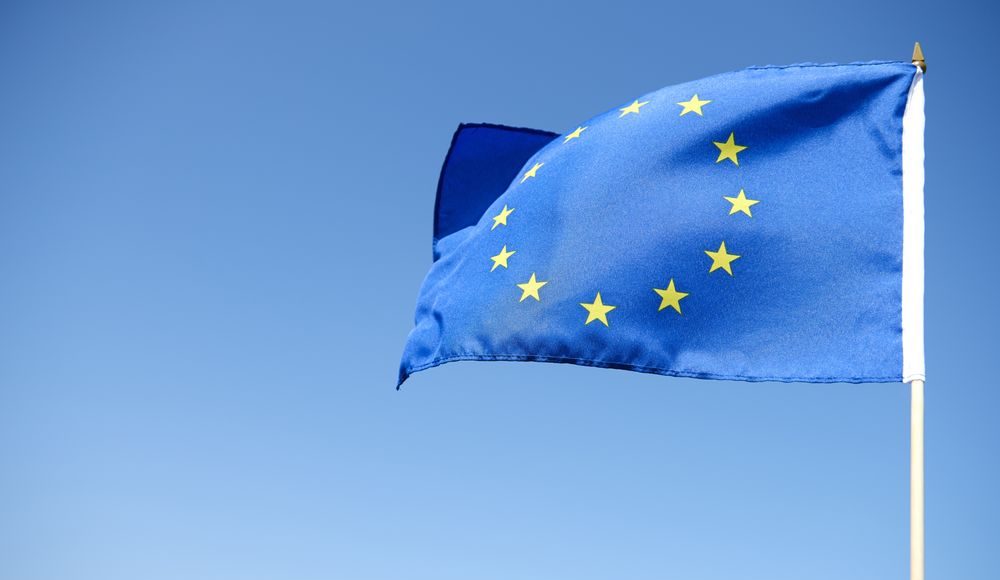To that end, they will extract from the consultation data related to the implementation of the Tobacco Products Directive (TPD), the Tobacco Advertising Directive and other related tobacco control policies implemented across the EU. Interested parties have another week left to take action and submit via the online questionnaire.
Earlier this year tobacco harm reduction experts highlighted that the European Commission’s (EC) December 2022 proposal to significantly increase tobacco excise rates, would just feed illicit trade. The proposal suggests raising the current minimum EU excise tax rate from €1.80 ($1.92) to €3.60 per pack of 20 cigarettes.
This would double excise duties in member states with low cigarette taxes mainly Eastern European countries and also countries such as Luxembourg and Austria, where cigarette prices are low relative to the national average income.
With regards to vapes, devices containing less than 15 mg of nicotine per milliliter of liquid would be subject to a 20% tax, while stronger products would be subject to a duty of at least 40%. Heated-tobacco products (HTPs) would carry a 55% excise duty, or a tax of €91 per 1,000 items sold.
Taxes should reflect the risk value of a product
Tobacco harm reduction experts have highlighted that these increases will most certainly have unintended consequences. “Simply increasing cigarette taxes is a blunt instrument when trying to reduce the health toll from cigarette smoking,” says David Sweanor, adjunct professor of law at the University of Ottawa in Canada, on discussing vape taxes.
He added that taxes should be relative to risk and said that such a tax rate on safer nicotine products would be akin to making alcoholics who give up drinking by taking up jogging pay a tax on running shoes. It misses the point of how taxes should be justified in relation to the health impact of the products they are imposed on, he explained.
Dustin Dahlmann, president of the Independent European Vape Alliance, reiterated that EU policy should be guided by scientific evidence. He said that given that science keeps indicating the relative safety of the products, such a tax does not make sense.
EU MEPs are completely misinformed about vaping
Sadly, the third annual survey conducted by business intelligence researcher Tamarind Intelligence, publisher of renowned intelligence platforms ECigIntelligence and TobaccoIntelligence, has indicated that members of the European Parliament lack knowledge about novel nicotine products such as vapes, nicotine pouches and heated tobacco products.
A press release by ECigIntelligence highlighted that this lack of awareness among MEP’s is concerning given that they are being asked to vote on important new legislation concerning the topic in the coming months. The release summarized the survey findings as follows:
- “MEPs rarely believe that new nicotine products are as harmful as smoking – only 19% of responses, the lowest number since the annual survey was launched in 2020 – and a majority believe they are less harmful than smoking.
- MEPs with no knowledge of new nicotine products are becoming far more likely to acknowledge that they don’t know the risks. In previous years MEPs were quick to adopt a position in one direction or the other, but in 2022 half of MEPs with no knowledge said they didn’t know the risks of these products.
- MEPs with some knowledge of new nicotine products strongly tend to believe (76% of responses) that they are less harmful than smoking.
- While very few MEPs consider that new nicotine products should be more restricted than traditional tobacco, and a majority believe online sales should be allowed for adults (with age verification), more MEPs are unsure how they should be regulated than in previous years.”
The survey was carried out online and anonymously, and all data from it remains confidential other than as used in consolidated analysis. The survey was sent to all MEPs (from all member states and political parties) and responses were obtained from 43 MEPs representing 6% of the European Parliament.
EU restrictions on Heated Tobacco products
Meanwhile, a directive proposed by the European Commission (EC) banning the sales of flavoured heated tobacco products due to a reported increase in use, came into force on November 23rd 2022. EU member states have until 23rd July 2023 to incorporate it into their national legislations, and the ban itself will be applicable from the 23rd of October 2023.
The ban was proposed in response to a reported 10% rise in the sales volumes of heated tobacco products in several EU countries. It covers all flavours other than tobacco and removes member states’ rights to exempt heated tobacco products from having to carry health warnings.








